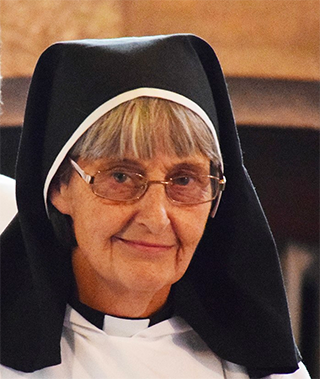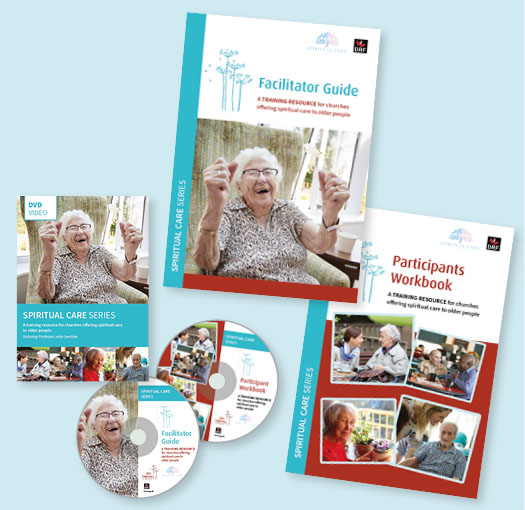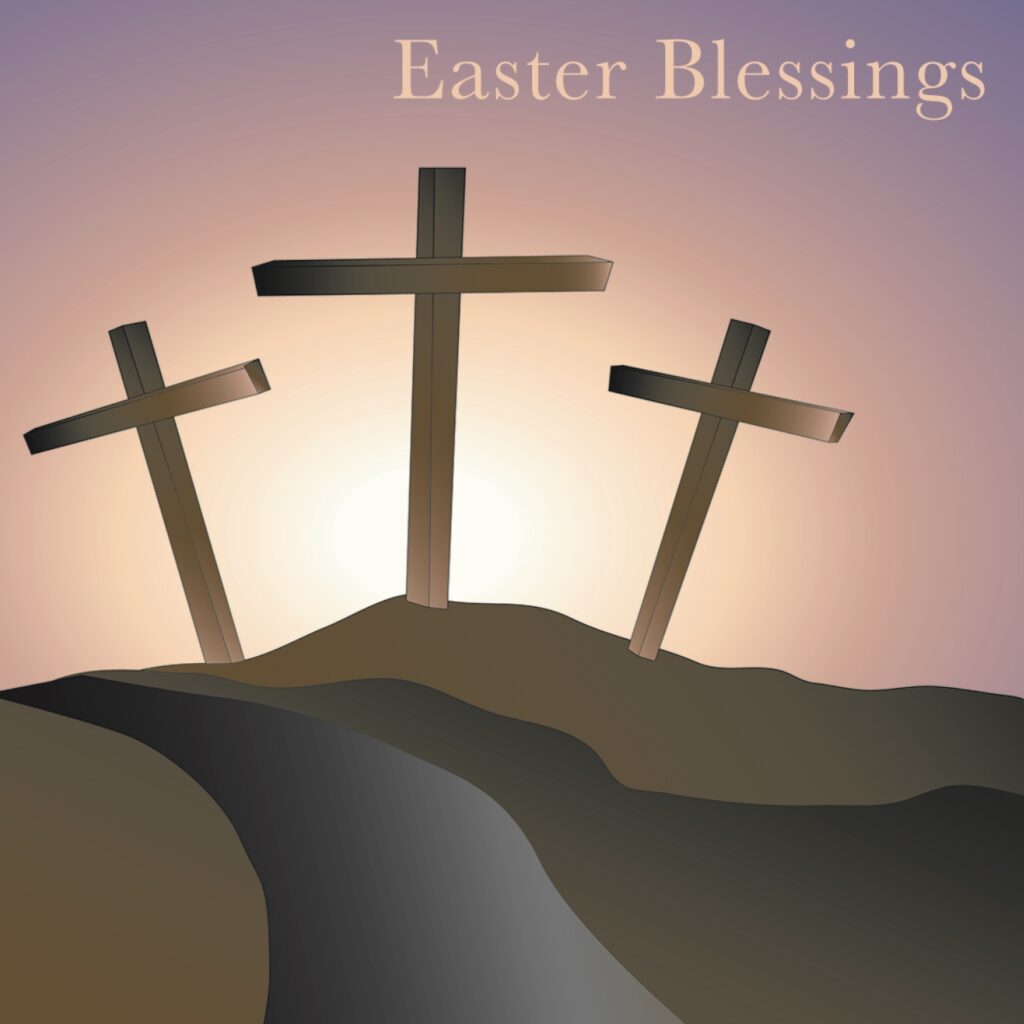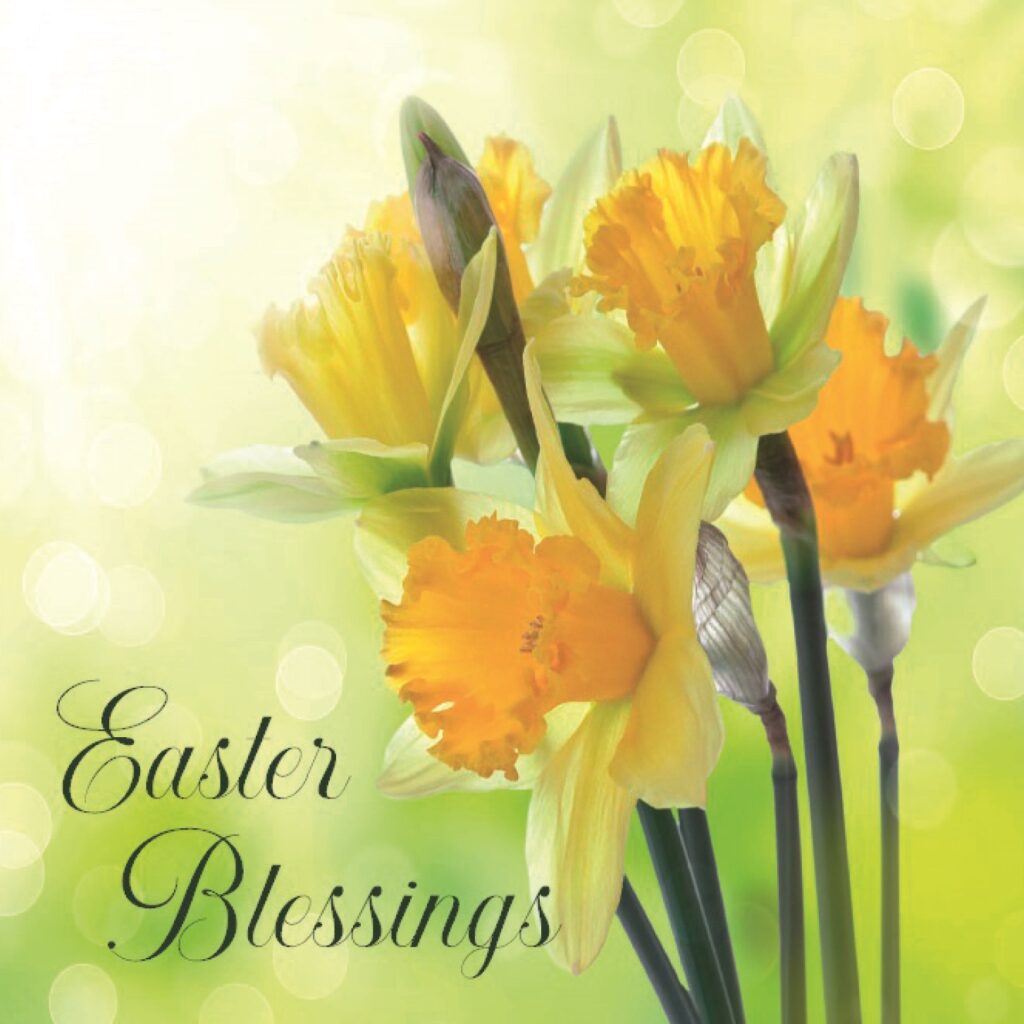In this week’s article on preparing for Lent, we asked Anna Chaplain Sister Marian to share her experience and reflections. From her teens onwards, Sister Marian had wanted to give her life to God’s service. But there was a ‘but’…
5 February 2023
What do you want me to do?
I wanted to give my life to God’s service, but from the beginning I have, more or less, told him what I am going to do for him. I have learnt that this is not the way to do it. The way I should have prayed is, ‘Lord, I want to serve you. Here I am. What do you want me to do?’
As a result, from originally wanting to serve in ordained ministry, I have been led into teaching, becoming a reader (LLM), busy in charities, including as a training officer with the Samaritans, and generally been involved in every aspect of church life.
I then became an oblate of the Society of the Sacred Cross, in Monmouth, and later took vows to live the ‘consecrated single life’. It wasn’t until I became ill, however, that God managed to get a word in edgeways!
‘It wasn’t until I became ill, however, that God managed to get a word in edgeways!’
Letting go and letting God
During the season of Lent, we often think about what it means to let God be in control of our lives. One big fear of many of us is that, as we age, we will lose control of our own lives and others will have authority over us. We fear loss of independence and the ability to make day-to-day decisions.
Letting go and letting God really be in control of our lives is difficult for us all, especially when sometimes he takes control through those he places in authority over us. Few can accept it willingly, and often we only let it happen when we are forced to do so through difficult circumstances in our lives.
When I was very ill and at home most of the time, I learnt that although I couldn’t go out looking for things to do in my life for God, he can still use me no matter where I am or whatever the state of my health. Where I was then, I could reach people I would not normally meet, and many were not associated with any church.
‘I learnt that God can still use me no matter where I am or whatever the state of my health.’
Those people could be anyone who came to the house or passed by when I was sitting in my garden. They included people walking to school with their children, neighbours, post people, refuse collectors, decorators, engineers, fitters, health visitors, carers, salesmen, delivery people… anyone and everyone.
Unexpected blessings
When we are confined to the house, our homes can become places where people can call by to chat and talk over their own problems and worries to someone who will keep their confidences. They can be places where all feel welcome, loved and accepted and where they are treated with equal respect in every way.
On the other hand, when others minister to us, they feel needed and useful, and it gives them a sense of worth and value. It becomes obvious how much we need each other, whoever we are and in whatever condition.
For ‘Martha people’ like myself,* it can be very hard to trust God to use us when we feel useless and helpless ourselves. It is difficult to wait for him and trust him to let those in authority in the church still use the gifts he has given us.
‘It can be very hard to trust God to use us when we feel useless and helpless ourselves.’
But he does, and he affirms our vocations in so many different ways. I continue to be amazed when it becomes clear that someone who has been calling here to help me suddenly needs me and I become a support for them. Now when someone new arrives here, I wonder what God has in store for us.
One difficult lesson to learn is that no matter how we are feeling, how low or how ill, it is not an excuse to be touchy, unreasonable, rude, difficult or bad-tempered.
Illness can be a time of learning to be more the people God wants us to be: patient, trusting, thoughtful of others, humble to accept their help, letting go our own selfish desires and entrusting ourselves to God to let him really be in control. We learn what the true values in life are, with God at their heart.
‘We all fail, but his endless love and forgiveness allows us to apologise, learn from our mistakes, and carry on.’
We all fail, but his endless love and forgiveness allow us to apologise, learn from our mistakes and carry on.
A quote from James 1:2–4 is apt when we think of how Anna Chaplains, and those for whom we care, share God’s love with one another as brothers and sisters in the family of Christ:
Dear brothers and sisters, whenever trouble comes your way, let it be an opportunity for joy. For when your faith is tested, your endurance has a chance to grow. So let it grow, for when your endurance is fully developed, you will be strong in character and ready for anything.
* from the story of Martha and Mary, Luke 10:38–42.

Sister Marian was commissioned as an Anna Chaplain in January 2022. She works in the Sketty area of Swansea in South Wales.

Spiritual Care Series
A training course for churches offering spiritual care to older people
Launched last September, the Spiritual Care Series is a ground-breaking course to help churches equip leaders and members for ministry to older people. The eight-session course offers highly effective, tried-and-tested training developed by leading practitioners in the UK care of older people, including Professor John Swinton.

BRF offers a wide range of Lent resources for everyone who wants to use this season to deepen their spiritual life. These include our 2023 Lent book Images of Grace by Amy Scott Robinson as well as enduringly popular titles from previous years.


Our range of beautiful Easter cards, from traditional to contemporary is available to order now. Every pack of cards sold helps support BRF and its ministries. Thank you!
